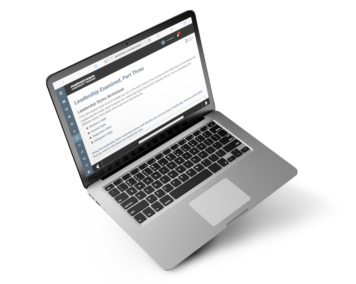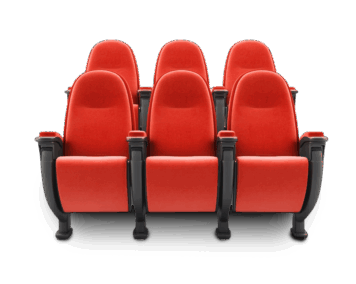27
Jan
5 reasons leadership training should be for all employees
Regardless of the myth that "leaders are born and not created," skills can be taught and improved through leadership training. Developi...
Many people see conflict as a negative experience. In fact, conflict is a necessary part of our personal growth and development. Think of when you were trying to choose your major in college, for example, or trying to decide between two jobs.
However, conflict becomes an issue when the people involved cannot work through it. They become engaged in a battle that does not result in growth. When this type of conflict arises, negative energy can result, causing hurt feelings and damaged relationships.
This course will give participants the tools that will help you resolve conflict successfully and produce a win-win outcome.


During this session, you will give participants a chance to explore some assumptions about conflict and the positives and negatives of conflict.
This session will cover three main types of conflict: inner, interpersonal, and group.
Next, participants will explore open conflict and hidden conflict.
This session explores spontaneous and reflective action through a brief lecture.
The Johari Window is a way of looking at our self-awareness and our ability to ask feedback of others. Participants will look at the Johari Window in detail through a personal exercise and a case study.
During this session, participants will look at two models of the conflict process, some possible outcomes of a conflict, and strategies for dealing with conflict.
This session will give participants a chance to apply some of what they have already learned to a realistic case study.
Participants will individually complete a questionnaire to help them identify their style of conflict resolution. Then, they will work in small groups to further examine their style.
To begin the second day, participants will look at the communication chain as well as barriers that can impede communication. They will also learn about the concept of positive intent.
Next, participants will learn the basics of active listening.
In this session, participants will learn about, practice, and demonstrate paraphrasing techniques.
This session will give participants some useful questions and some proving techniques.
Next, participants will learn how body language can help resolve conflicts.
As a pre-assignment, participants were asked to complete a benchmark survey on their effectiveness at managing conflict. In this session, they will revisit their answers.
Using a role play, this session will give participants some questions that can help them identify the benefits of a conflict.
This session will look at a few processes that we can use to identify and resolve conflict.
Facilitation skills have become a cornerstone of many leadership models. This session will look at how facilitation, coaching, and group norms can be applied to conflict. Participants will also practice these skills in a role play.